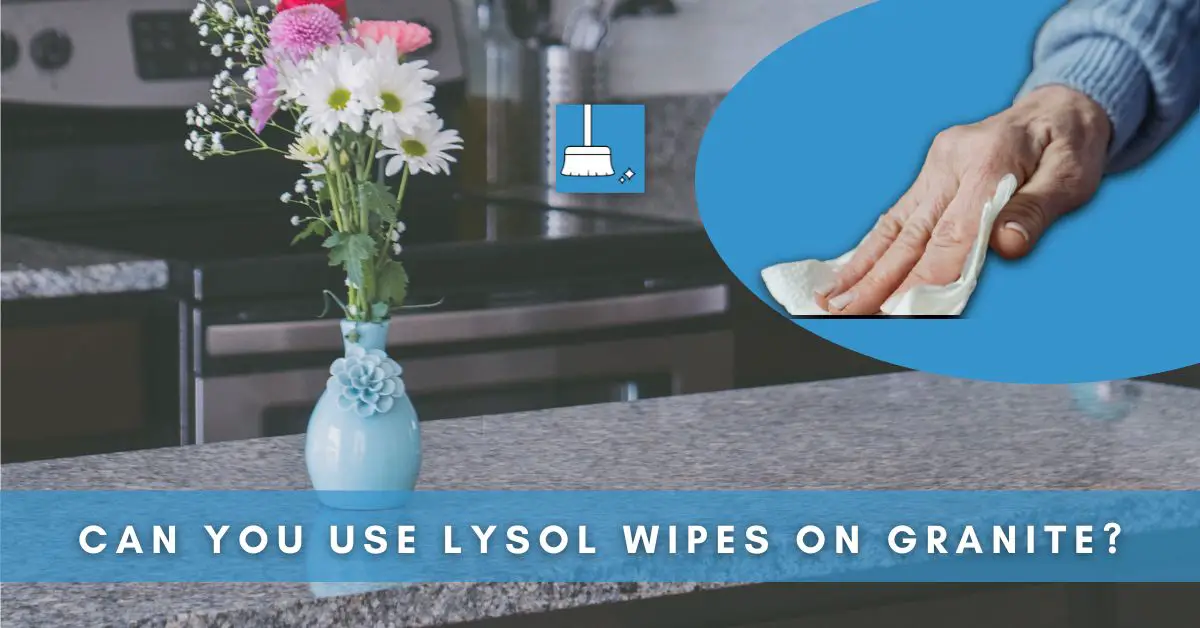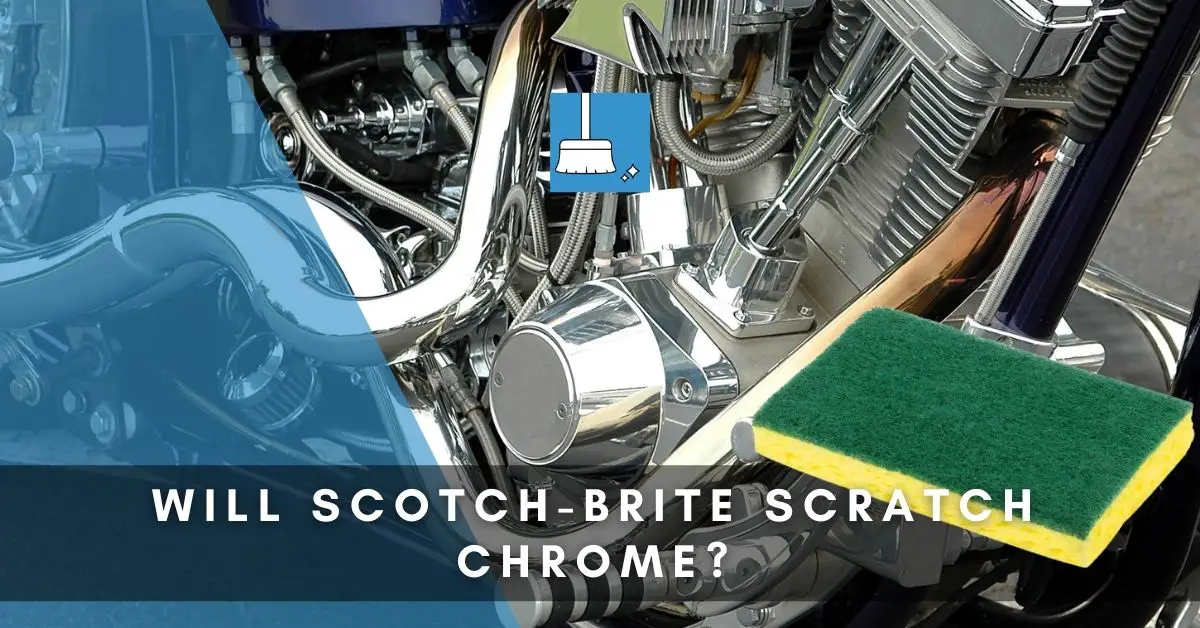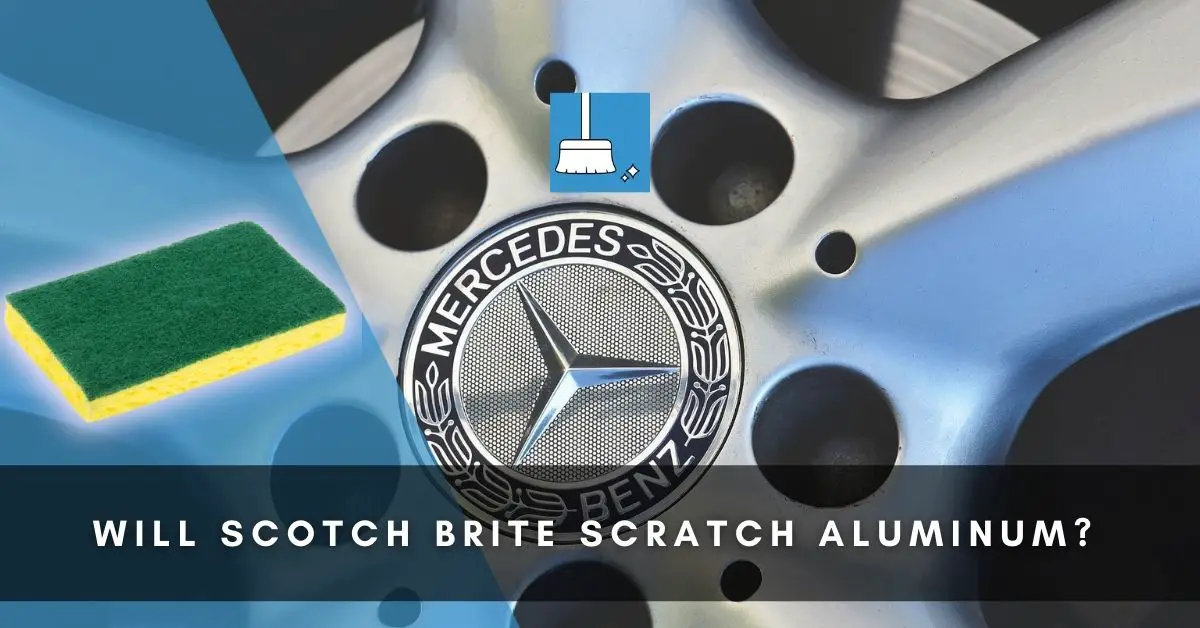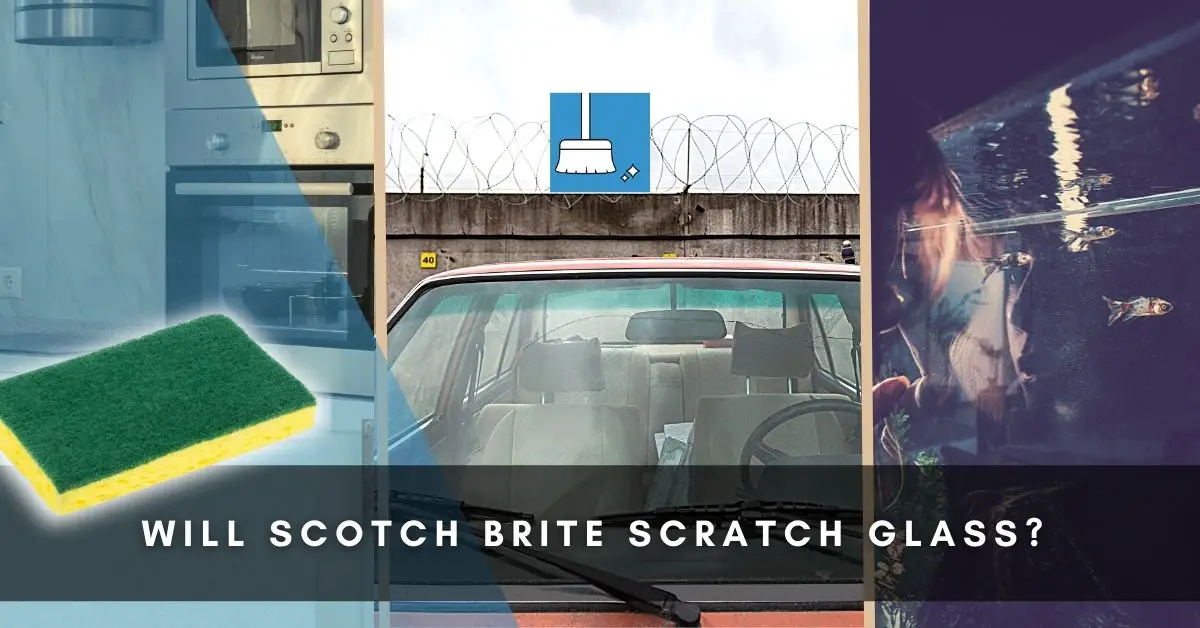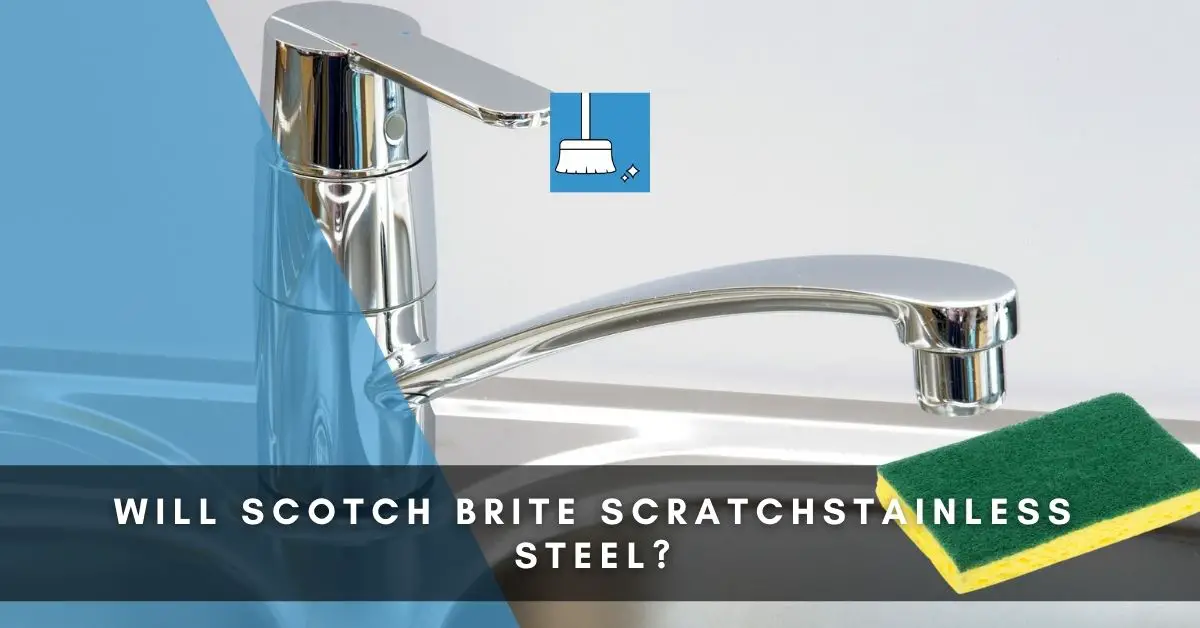With regular maintenance, granite countertops could last a lifetime, and one of the easiest ways to clean or disinfect them is using wipes, e.g., Lysol wipes. But are these suitable for your granite surfaces?
In this article, we discuss whether you can use Lysol wipes on granite. We also suggest better alternatives and explain the effect that Lysol wipes have on your granite surfaces.
Can You Use Lysol Wipes on Granite?
Lysol wipes can dull or scratch granite surfaces if used on them for a long time. This is due to the presence of Ammonia in the active ingredients of the wipes.
How Does Granite React With Disinfecting Wipes?
The ingredients in disinfecting wipes vary with the wipes. Some wipes claim to be completely natural without containing any chemicals. However, this does not necessarily make them safe for granite surfaces. On the other hand, a lot of disinfecting wipes actually have active chemical ingredients.
In the case of Lysol, the active ingredient is Alkyl (50% C14, 40% C12, 10% C16) dimethyl benzyl ammonium chloride. This compound contains ammonia which is known to be harmful to the sealant on granite surfaces. Frequent use of the wipes on granite surfaces may dull the appearance of the natural stone or even scratch it. (Source)
Also, Lysol has disinfecting wipes that come in different fragrances, so ingredients such as citric acid, which is present in the fresh citrus fragrance, will corrode granite surfaces. Anything that does not have a neutral pH will corrode the stone surface.
However, Lysol also contains ethanol like many wipes. Ethanol has a neutral pH and, therefore, would not have any of the corrosive effects that alkaline or acidic chemicals would on the countertop. It is also a disinfectant.
Many people are not aware of the effects of disinfectant wipes on their granite or use them for a few reasons outlined below:
Why Do People Use Disinfecting Wipes on Granite
1- Convenience
The biggest reason why people use disinfectant wipes on their granite counters and other surfaces is that they are very easy to use. You simply need to whip one out from its pack, rub it on the particular surface, and allow the surface to air dry.
Basically, the allure of disinfecting wipes is that they are fast, easy to use, and effective. However, while they may be convenient, they are not the cheapest nor safest means of cleaning.
Apart from damaging your surfaces, these wipes may be harmful to your health, especially when you use them on surfaces where food is regularly exposed, like the kitchen counter.
2- Cross Contamination
Wipes ought to be used only once and then disposed of. Doing this reduces the chances of germs spreading or being moved from one surface to another with wipes.
Using other clothes or sponges that are reusable does not provide this security, so it could be one of the reasons people prefer disinfecting wipes, especially for granite surfaces that are found in bathrooms and kitchens where there is a lot of human activity.
3- COVID-19
The outbreak of the coronavirus saw a lot of people becoming extra sensitive to germs and disinfecting.
The EPA approves Lysol wipes to kill the covid-19-causing virus, and that could be the reason why some people use them on all their surfaces, including granite.
How to Disinfect Granite? (Best Ways!)
It is already pretty hard for germs or microbes to find a home on granite surfaces. If these surfaces are sealed and finished properly, they do not need anything more than regular cleaning with dish soap and warm or hot water.
However, if, for one reason or the other, you like to disinfect your granite surface more thoroughly, below are two ways you can do so without using disinfecting wipes. Make sure that your surface is sealed before using these methods, and avoid using abrasive cloths or sponges in your cleaning.
1- Special Granite Cleaners
You will find brands that sell products made specifically to clean granite and other natural stones. It is better to opt for these specialized cleaners than general-purpose wipes.
These products are usually made with chemicals that are suitable for stone surfaces. Just make sure to follow the instructions on the body of the product for effective use.
2- Rubbing Alcohol or Hydrogen Peroxide
These are not abrasive to your granite and will kill the majority of the germs on it. However, although this method is safer than using harsh chemicals or general-purpose wipes, it should not be substituted for regular cleaning with water and soap.
YOU’LL NEED
1- 70% Isopropyl alcohol AKA rubbing alcohol or Hydrogen peroxide
2- Dish Soap
3- Water
4- Bowl
5- Spray bottle
STEPS
STEP 1: You’ll have to, first of all, make sure that your surface is cleaned with soap and water well. This will ensure that surface dirt and debris are removed from the granite.
STEP 2: Put rubbing alcohol in a spray bottle and spray it over your granite. You can also use a soft cloth to spread it on the surface.
If you are using Hydrogen Peroxide, do the same thing. Be more careful, however, because hydrogen peroxide is less acceptable to the skin. Wear gloves if necessary.
STEP 3: With rubbing alcohol, after 1 minute of application, you can let the surface dry. However, hydrogen peroxide needs to sit for about 10 minutes. This means that you’ll have to keep the surface wet by constant spraying before allowing it to dry as well.
How To Clean Granite Countertops?
A lot of common household cleaners like vinegar and citric acid, which one would normally go for, are bad for granite surfaces.
This is because they are either too acidic or alkaline for the granite surface. The best cleaner for this natural stone is one that is neutral, i.e., neither acidic nor alkaline.
This is why when in doubt, you should always use dish soap and water to clean your granite countertops. It is the easiest, least expensive, and safest method.
YOU’LL NEED
1- Microfiber cloth
2- Dry rag
3- Warm water
4- Bowl
5- Dish soap
6- Denatured alcohol (optional)
7- Baking Soda (optional)
STEPS
STEP 1: Mix a little dish soap with warm water in your bowl to get a soapy solution. Then put your rag in it.
Alternatively, you can wet your rag with only water and then proceed to pour some dish soap directly on it or the countertop.
STEP 2: Rub the soft rag all over your countertop, paying close attention to stains or marks. Wring your rag inside your bowl intermittently to remove the dirt being picked up with the rag.
To remove tough stains:
1- Make a small paste with baking soda and apply it to the stain. Mix hydrogen peroxide with the baking soda for water stains and water with baking soda for oil stains.
2- Leave it for a while, then use the rag to scrub the stain away.
STEP 3: Pour away the dirty soap water mix from your bowl and rinse your rag at a faucet. Fill the bowl with fresh new water and wipe the surface again with a soft cloth and fresh water.
If you would like a deeper cleaning, you can use a mixture of denatured alcohol and water in a 1:4 ratio to wipe down the counter instead.
STEP 4: Dry the surface with a microfiber cloth so that you don’t leave any water rings on the surface.
Products to Avoid Using on Granite
In your attempt to clean or disinfect granite surfaces in your home, these are some chemicals you should avoid using. If they are present in your cleaner, they will deteriorate your granite surfaces with continuous use.
Some may even have visibly damaging effects from the first use.
● Bleach
● Ammonia
● All-purpose disinfecting wipes
● Vinegar
● Acidic substances
● Alkaline substances
Where To Use Lysol Wipes?
Lysol disinfecting wipes are multi-surface cleaners that you can use on many hard surfaces in your house. According to Lysol’s website, these are some of the surfaces you can use the wipe on:
● Electronics: Televisions, game consoles, remote controls, tablets, phones, etc.
● Kitchen Surfaces: Countertops, sinks, faucets, etc.
● Bathroom Surfaces: Sinks, bathtubs, counters, toilet seats, etc.
● Frequently touched surfaces: Doorknobs, tables, light switches, refrigerator handles, etc.
● Other surfaces: Outdoor furniture, windows, etc.
Final Thoughts!
Although Lysol wipes are quite effective in disinfecting and cleaning if used according to instructions, there are better ways to clean your granite. Consider using alternative cleaning methods on your granite and reserve Lysol wipes for surfaces that are more resistant to its chemicals.
Furthermore, if you don’t need to use disinfectant wipes, avoid them so that you don’t breed super-germs that are resistant to antimicrobial cleaners. This can become very dangerous for your health.
Lastly, don’t wait for the dirt to accumulate before cleaning your granite surface. Frequent maintenance will keep it looking good as new.

